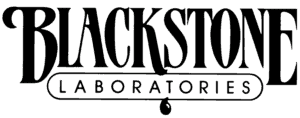Tests/Price List
You probably already know that Blackstone tests engine oil from cars, trucks, boats, motorcycles, airplanes, and more. But we’ll test other types of oil as well. The cost for a standard analysis is the same for oil out of any of the following systems:
- Transmissions
- Gear boxes (differentials, transfer cases, etc.)
- Power steering reservoirs
- Generators
- Air compressors
- … and more!
Most of these tests can be combined with our Standard Oil Analysis. These tests can also be purchased in bulk as part of our bulk pricing program.
Limited information is available with most of these tests. Please call us before sending in a sample to discuss your needs.
We have some of these tests performed at a different facility. For that reason, it can take longer to get results for some of these specialized tests. If you are concerned with turnaround time, please call us.
To order an extra test, please note it on the oil slip. Please call if you’re looking for something that’s not listed.

Test
Price
The API gravity test is performed just like the specific gravity test, but the results are reported on the API scale and don’t necessarily have anything to do with water. You can easily convert API gravity to specific gravity and vice versa.
Minimum amount of oil required: 50 ml
$24.00
If diesel fuel gets contaminated with water, it’s not uncommon for bacterial to grow at the interface between the fuel and water.
This test is not included in the diesel fuel package, but can be added later. It requires an incubation time of 1 to 5 days.
Minimum fluid required: 50 ml
$43.00
Our brake fluid testing includes a spectral examination, water by crackle, and percent oil separation. It’s commonly only done if you suspect the brake fluid is contaminated. We do not determine whether the brake fluid is useable or not; we only report if it’s contaminated with water or oil.
Minimum amount of fluid needed: 50 mL
$60.00
This test gives you an estimate of the BTU content of an oil based on the API gravity reading. We report both the Total Heating Value and Net Heating Value.
Minimum amount of oil required: 50 ml
$30.00
Most test methods for reading chlorine are actually reading Total Halogens, but the results can usually be considered the same because chlorine is by far the most common of the elements in the Halogen family on the periodic table. Other halogens include fluorine, bromine, iodine, astatine, and tennessine.
This test (EPA Method 9056A) actually reports chlorine and is the most accurate test, with a minimum detection limit of 50 ppm. We do not do this one in-house, so results take an extra week.
Minimum amount of oil required: 90 ml (one full sample bottle)
$95.00
We run the following tests on coolant to see if it’s in serviceable condition:
- pH
- Freeze point
- Specific gravity
- Nitrites
- Hydrocarbons (oil or fuel contamination)
Minimum amount of fluid needed: 90 mL (one full sample bottle)
$45.00
Our grease testing is limited to a spectral examination. We dissolve a portion of the grease sample in kerosene and run it on our spectrometer to see what elements show up.
Minimum amount of oil required: 10 ml (or 5 grams)
$45.00
ASTM D7946. This test looks at the how acidic or basic an oil is after the titration solvent is added.
You cannot run a pH on an oil directly, but the titration solvent has water present and we can measure the pH on that after the oil and solvents are mixed.
Minimum amount of oil required: 10 ml
$15.00
This test is based on ASTM D6304 and is used to determine the exact quantity of water in an oil at the PPM level. This test will provide a more exact level of water than what is included in our standard analysis.
Minimum amount of oil required: 20 ml
$38.00
If you buy waste oil that you are planning on burning for heat, this test will let you know if the oil is safe to burn. It includes testing for toxic elements like arsenic, cadmium, chromium, and lead. It also includes a Total Halogen Screen and check for water via the crackle method, along with a flashpoint test.
Minimum amount of oil required: 90 ml (one full sample bottle)
$100.00
This price is for sending in an entire filter canister. The service examines particles entrapped in an oil filter element or those removed from a filter suction screen. A report provides information about particle composition, size, and quantity.
Metallic particles are identified by general alloy composition, such as aluminum, ferrous, or brass/bronze. A limited range of non-metallic particles can also be identified, such as carbon or leaded fuel deposits. Note that we cannot identify the AMS alloy number of metallic wear particles.
A severity rating is applied to each type of particle found. The report also includes micro photographs of particles of interest, as well as a summary comment going over possible sources and an evaluation of how the report findings relate to engine condition.
Note: We only test filters that are 8″ tall or less. We do not test filters that have a metal screen inside.
$250.00
$175.00
Based on ASTM E2412, this test is done with an FTiR spectrometer and will indicate how oxidized an oil is. Nitration measures how an engine oil changes as it is exposed to heat and use. Excess nitration can cause the oil’s viscosity to thicken.
Minimum amount of oil required: 50 ml
$20.00
This test determines how many particles are present in the oil and what their sizes are in microns. The machine shoots a laser beam through the oil to a light detector on the other side of the stream to determine the particle size and count.
This test cannot be run on used engine oil because it tends to be dark, which disrupts and the laser beam sensor. This test is ideal for fairly clean, light oils and is commonly used for measuring the cleanliness of oil in industrial applications. The machine cannot test oils that are excessively thick (viscosity higher than ISO 100 or SAE 30W) or dirty. Our machine is calibrated to the current ISO 11171 standards and the report includes the three number ISO Cleanliness code following the ISO 4406 reporting standard.
This price is for the standalone PC test, with no other tests on the sample.
Minimum amount of oil required: 50 ml
$25.00
This test gives a unit-less number that can be used to indicate how much ferrous material is present in an oil. This measure generally looks at larger particles than what the spectrometer can read. We do not do this test in-house, so results take an extra week.
Minimum amount of oil required: 50 ml
$25.00
This test (EPA Method 8082) determines the exact level of PCB contamination in an oil, down to the nearest ppm. This test is not done in-house, so the turn-around time will typically be about a week longer than normal.
Minimum amount of oil required: 90 ml (one full sample bottle)
$115.00
Minimum amount of oil required: 10 ml
$31.00
Minimum amount of oil required: 20 ml
$85.00
This test (ASTM D874) is similar to the regular Percent Ash, but takes an extra step, adding sulfuric acid to the ash and then re-burning it. This test is commonly done to determine the amount of ash present from additives in unused engine oil.
Minimum amount of oil required: 20 ml
$100.00
Based on ASTM D323, this test is only done on gasoline and measures the pressure change of gasoline as it’s heated up. This indicates how volatile the gasoline is.
The Reid Vapor Pressure will change as the seasons change and this change is regulated by the gasoline manufacturer. Gasoline sold in the winter will typically have a higher Reid Vapor Pressure than gasoline sold in the summer.
Minimum amount of gasoline required: 90 ml
$60.00
Our ICP spectrometer has the ability to measure many different elements that are not included in the standard analysis. Some common ones we get requests for are cobalt, tungsten, and vanadium.
If you have an element you’d like tested that’s not included in our standard analysis, just give us a call and we’ll let you know if we can run it.
Minimum amount of oil required: 20 ml
$50.00
Soot is commonly found in diesel oil and when the level gets excessive, that can indicate a combustion problem is present.
While running the insolubles test that’s included in our standard analysis, we will visually judge the amount of soot present and we can comment on that level if it looks excessive. But if you need an actual soot percentage, this is the test you will want to run.
Minimum oil needed: 50 mL
$10.00
This test determines the density of a fluid in relation to water. Pure water has a specific gravity of 1. Anything that is lighter than water (or will float on water – like oil) will have a specific gravity of less than 1. Anything that is heavier than water will have a specific gravity greater than 1.
This test is included with our standard analysis for gasoline and diesel fuel.
Minimum amount of oil required: 50 ml
$24.00
Our standard analysis is all most people need. It includes a spectral exam, viscosity, flashpoint, and insolubles test. You can learn more about it here.
$40.00
Minimum amount of oil required: 10 ml
$55.00
This test is based on ASTM Method D664 and gives you an idea about how acidic an oil is.
As an oil sees use (especially engine oil), it can become more acidic and that acidity can lead to break-down of the oil.
This test is useful if you are interested in extending your oil use, since a significant increase in the acidity of an oil will often be the precursor to the viscosity reading out of line and oil sludge starting to form.
The test itself is fairly simple. A weighted portion of oil is added into a beaker. Titration solvent is added that allow the machine to measure the pH of the mixture as it is stirred. The machine then starts to add a basic solution to the mixture and when the whole solution reaches a pH of 11, the test is complete.
Minimum oil required: 10 ml
$10.00
This test is based on ASTM D4739 and gives a measure a of the amount of active additive present in the oil.
When an oil is new, the TBN level is directly related to the amount of detergent/dispersant additive (basically calcium and magnesium) that was added during the blending process. As an oil gets used, the TBN level will tend to drop.
This test is very similar to the TAN test, but an acid solution is added rather than a basic solution and once the mixture reaches a pH of 3.0, the test is complete.
Minimum amount of oil required: 10 ml
$10.00
This test is done in-house using a kit made by Dexsil Inc. The test follows EPA SW-846, method 9077 and determines total chlorine and other halogens in a range from 200 ppm to 4,000 ppm.
This test is included with the On-Spec waste oil test but can also be ordered as a stand-alone test if you are interested in determining if your oil has chlorine/halogens in that range.
Minimum amount of oil required: 50 ml
$45.00
This test covers chlorine and all other halogens that might be present. It has a minimum detection limit of 200 ppm. This test is done using X-Ray Fluorescence Spectrometry (XRF) and is more accurate than the Total Chlorine/Halogens screen. This test is not done in-house, so the turn-around time will typically be about a week longer than normal.
Minimum oil required: 90 ml (one full sample bottle)
$90.00
This test is done using a refractometer and can only give reliable results if the DEF is free of any petroleum contamination like diesel fuel.
Minimum amount of DEF required: 10 ml
$10.00
Based on ASTM D445, this test is also known as the “low-temp viscosity.” 40°C is a common temperature to test the viscosity of oil at. Our standard analysis includes viscosity at 100°C.
Minimum amount of oil required: 50 ml
$35.00
Minimum amount of oil required: 50 ml
$35.00
Based on ASTM D2270, this test produces a unit-less number and gives you an idea of how an oil’s viscosity changes between 40°C and 100°C.
Straight weight oils have a viscosity index around 95. Multi-grade oils have a higher viscosity index, and synthetic oils will be even higher still. Synthetic oils are often known as VHVI (Very High Viscosity Index) oils.
Minimum amount of oil required: 50 ml (one full sample bottle)
$38.00
This is a simple test that can identify water in oil by listening for an audible crackle or seeing the sample visually boil. It’s done during the flashpoint test and is part of our standard analysis.
As oil is slowly added into the hot flashpoint cup, the operator is looking for these clues to determine if water is present. This test can detect water in most samples down to about 1000 ppm.
Minimum amount of oil required: 10 ml
$10.00
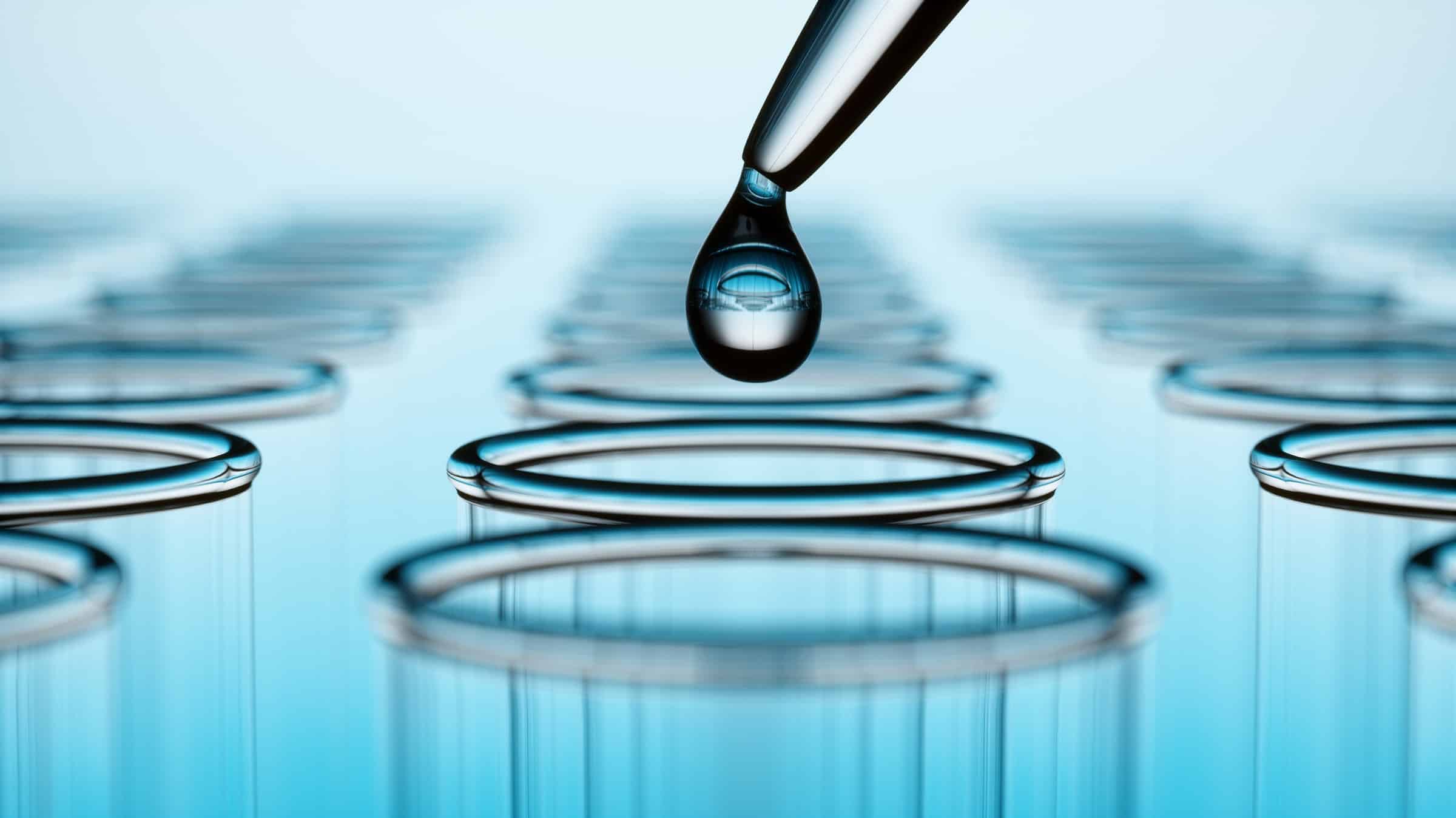
Test
Price
The API gravity is performed just like the specific gravity test, but the results are reported on the API scale and don’t necessarily have anything to do with water. You can easily convert API gravity to specific gravity and vice versa.
Minimum amount of oil required: 50 ml
$24.00
If diesel fuel gets contaminated with water, it’s not uncommon for bacterial to grow at the interface between the fuel and water.
This test is not included in the diesel fuel package, but can be added later. It requires an incubation time of 1 to 5 days.
Minimum fluid required: 50 ml
$43.00
Minimum amount of fluid needed: 50 mL
$60.00
This test gives you an estimate of the BTU content of an oil, based on the API gravity reading. We report both the Total Heating Value and Net Heating Value.
Minimum amount of oil required: 50 ml
$30.00
Most test methods for reading chlorine are actually reading Total Halogens, but the results can usually be considered the same because chlorine is by far the most common of the elements in the Halogen family on the periodic table. Other halogens include fluorine, bromine, iodine, astatine, and tennessine.
This test (EPA Method 9056A) actually reports chlorine and is the most accurate test, with a minimum detection limit of 50 ppm. We do not do this one in-house, so results take an extra week.
Minimum amount of oil required: 90 ml (one full sample bottle)
$95.00
- pH
- Freeze point
- Specific gravity
- Nitrites
- Hydrocarbons (oil or fuel contamination)
Minimum amount of fluid needed: 90 mL (one full sample bottle)
$45.00
Our grease testing is limited to a spectral examination. We dissolve a portion of the grease sample in kerosene and run it on our spectrometer to see what elements show up.
Minimum amount of oil required: 10 ml (or 5 grams)
$45.00
ASTM D7946. This test looks at the how acidic or basic an oil is after the titration solvent is added.
You cannot run a pH on an oil directly, but the titration solvent has water present and we can measure the pH on that after the oil and solvents are mixed.
Minimum amount of oil required: 10 ml
$15.00
This test is based on ASTM D6304 and is used to determine the exact quantity of water in an oil at the PPM level. This test will provide a more exact level of water than what is included in our standard analysis.
Minimum amount of oil required: 20 ml
$38.00
If you buy waste oil that you are planning on burning for heat, this test will let you know if the oil is safe to burn. It includes testing for toxic elements like arsenic, cadmium, chromium, and lead. It also includes a Total Halogen Screen and check for water via the crackle method, along with a flashpoint test.
Minimum amount of oil required: 90 ml (one full sample bottle)
$100.00
Metallic particles are identified by general alloy composition, such as aluminum, ferrous, or brass/bronze. A limited range of non-metallic particles can also be identified, such as carbon or leaded fuel deposits. Note that we cannot identify the AMS alloy number of metallic wear particles.
A severity rating is applied to each type of particle found. The report also includes micro photographs of particles of interest, as well as a summary comment going over possible sources and an evaluation of how the report findings relate to engine condition.
Note: We only test filters that are 8″ tall or less. We do not test filters that have a metal screen inside.
$250.00
Test
Price
This price applies when you just send us a set of filter pleats. The service is the same as listed in Oil Filter Canister, above. Go ahead, save yourself some money – cut open the filter and just send us the pleats!
$175.00
Based on ASTM E2412, this test is done with an FTiR spectrometer and will indicate how oxidized an oil is. Nitration measures how an engine oil changes as it is exposed to heat and use. Excess nitration can cause the oil’s viscosity to thicken.
Minimum amount of oil required: 50 ml
$20.00
This test determines how many particles are present in the oil and what their sizes are in microns. The machine shoots a laser beam through the oil to a light detector on the other side of the stream to determine the particle size and count.
This test cannot be run on used engine oil because it tends to be dark, which disrupts and the laser beam sensor. This test is ideal for fairly clean, light oils and is commonly used for measuring the cleanliness of oil in industrial applications. The machine cannot test oils that are excessively thick (viscosity higher than ISO 100 or SAE 30W) or dirty. Our machine is calibrated to the current ISO 11171 standards and the report includes the three number ISO Cleanliness code following the ISO 4406 reporting standard.
This price is for the standalone PC test, with no other tests on the sample.
Minimum amount of oil required: 50 ml
$25.00
This test gives a unit-less number that can be used to indicate how much ferrous material is present in an oil. This measure generally looks at larger particles than what the spectrometer can read. We do not do this test in-house, so results take an extra week.
Minimum amount of oil required: 50 ml
$25.00
Minimum amount of oil required: 90 ml (one full sample bottle)
$115.00
Minimum amount of oil required: 10 ml
$31.00
Minimum amount of oil required: 20 ml
$85.00
This test (ASTM D874) is similar to the regular Percent Ash, but takes an extra step, adding sulfuric acid to the ash and then re-burning it. This test is commonly done to determine the amount of ash present from additives in unused engine oil.
Minimum amount of oil required: 20 ml
$100.00
Based on ASTM D323, this test is only done on gasoline and measures the pressure change of gasoline as it’s heated up. This indicates how volatile the gasoline is.
The Reid Vapor Pressure will change as the seasons change and this change is regulated by the gasoline manufacturer. Gasoline sold in the winter will typically have a higher Reid Vapor Pressure than gasoline sold in the summer.
Minimum amount of gasoline required: 90 ml
$60.00
Our ICP spectrometer has the ability to measure many different elements that are not included in the standard analysis. Some common ones we get requests for are cobalt, tungsten, and vanadium.
If you have an element you’d like tested that’s not included in our standard analysis, just give us a call and we’ll let you know if we can run it.
Minimum amount of oil required: 20 ml
$50.00
Soot is commonly found in diesel oil and when the level gets excessive, that can indicate a combustion problem is present.
While running the insolubles test that’s included in our standard analysis, we will visually judge the amount of soot present and we can comment on that level if it looks excessive. But if you need an actual soot percentage, this is the test you will want to run.
Minimum oil needed: 50 mL
$10.00
This test determines the density of a fluid in relation to water. Pure water has a specific gravity of 1. Anything that is lighter than water (or will float on water – like oil) will have a specific gravity of less than 1. Anything that is heavier than water will have a specific gravity greater than 1.
This test is included with our standard analysis for gasoline and diesel fuel.
Minimum amount of oil required: 50 ml
$24.00
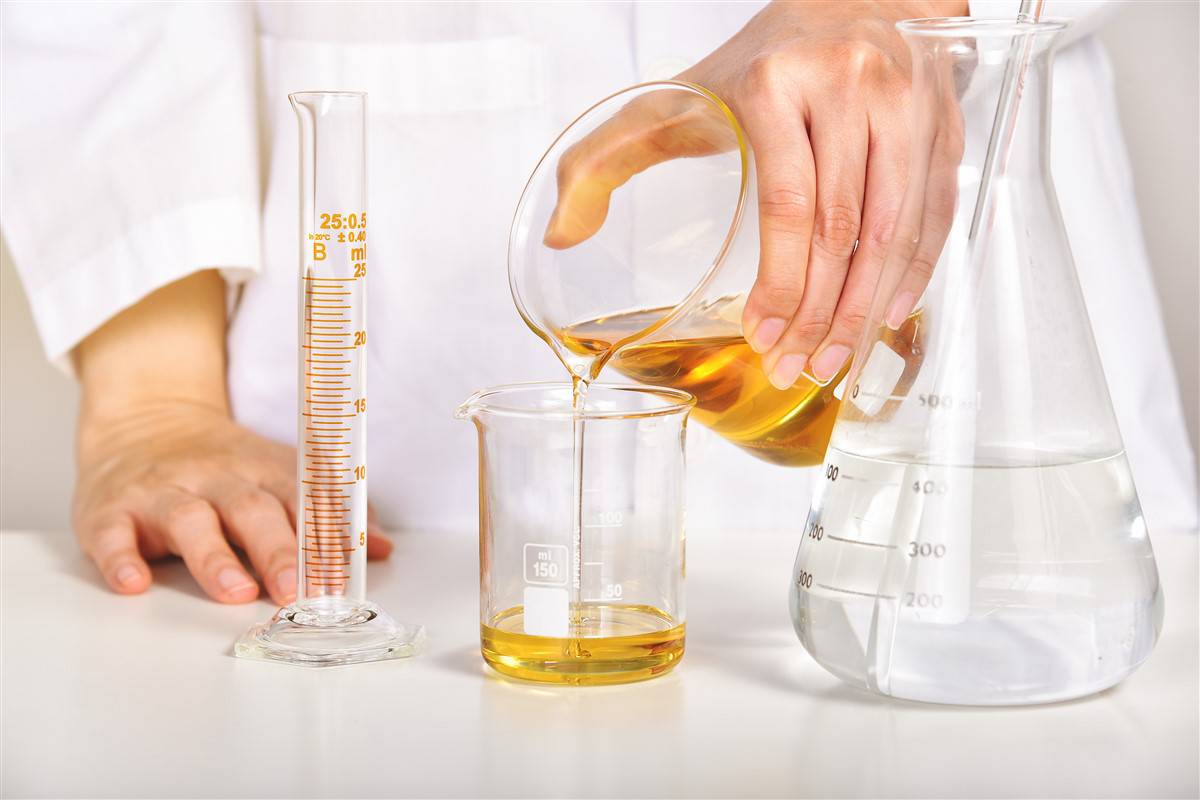
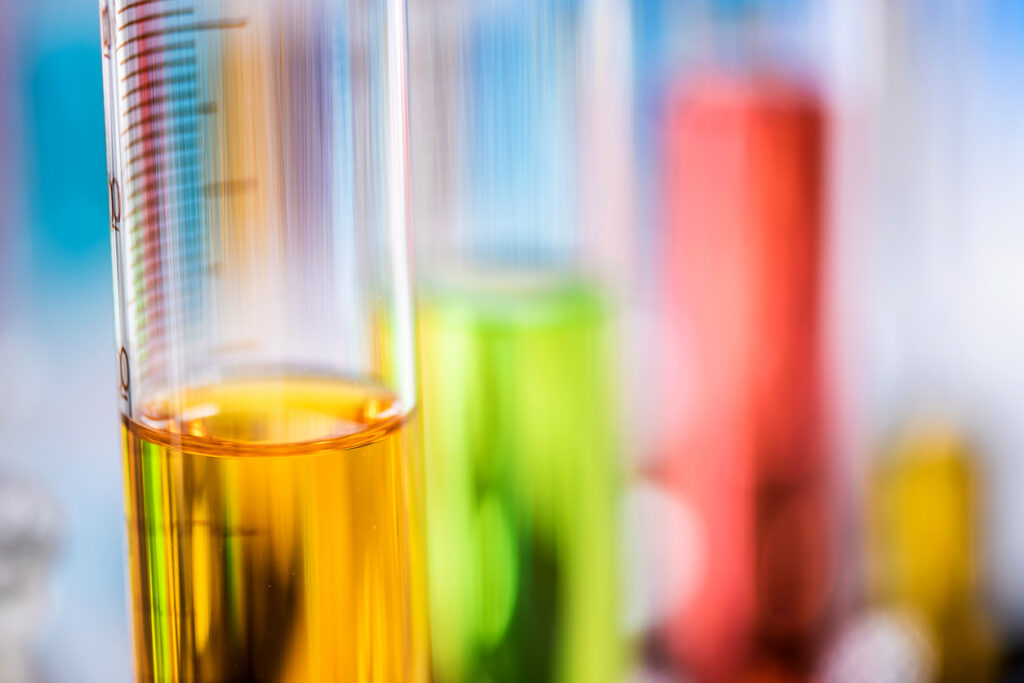
Test
Price
$40.00
We test for sulfur in oils and fuels using our ICP spectrometer. Sulfur-based additives are commonly used in engine oil, though the amount of sulfur is limited in diesel fuel to 15 ppm.
Minimum amount of oil required: 10 ml
$55.00
This test is based on ASTM Method D664 and gives you an idea about how acidic an oil is.
As an oil sees use (especially engine oil), it can become more acidic and that acidity can lead to break-down of the oil.
This test is useful if you are interested in extending your oil use, since a significant increase in the acidity of an oil will often be the precursor to the viscosity reading out of line and oil sludge starting to form.
The test itself is fairly simple. A weighted portion of oil is added into a beaker. Titration solvent is added that allow the machine to measure the pH of the mixture as it is stirred. The machine then starts to add a basic solution to the mixture and when the whole solution reaches a pH of 11, the test is complete.
Minimum oil required: 10 ml
$10.00
This test is based on ASTM D4739 and gives a measure a of the amount of active additive present in the oil.
When an oil is new, the TBN level is directly related to the amount of detergent/dispersant additive (basically calcium and magnesium) that was added during the blending process. As an oil gets used, the TBN level will tend to drop.
This test is very similar to the TAN test, but an acid solution is added rather than a basic solution and once the mixture reaches a pH of 3.0, the test is complete.
Minimum amount of oil required: 10 ml
$10.00
This test is included with the On-Spec waste oil test but can also be ordered as a stand-alone test if you are interested in determining if your oil has chlorine/halogens in that range.
Minimum amount of oil required: 50 ml
$45.00
This test covers chlorine and all other halogens that might be present. It has a minimum detection limit of 200 ppm. This test is done using X-Ray Fluorescence Spectrometry (XRF) and is more accurate than the Total Chlorine/Halogens screen. This test is not done in-house, so the turn-around time will typically be about a week longer than normal.
Minimum oil required: 90 ml (one full sample bottle)
$90.00
This test is done using a refractometer and can only give reliable results if the DEF is free of any petroleum contamination like diesel fuel.
This test can only be run on DEF (diesel exhaust fluid) or diesel fuel with a separated water phase. Cannot be run on oil.
Minimum amount of DEF required: 10 ml
$10.00
Minimum amount of oil required: 50 ml
$25.00
Minimum amount of oil required: 50 ml
$35.00
Based on ASTM D2270, this test produces a unit-less number and gives you an idea of how an oil’s viscosity changes between 40°C and 100°C.
Straight weight oils have a viscosity index around 95. Multi-grade oils have a higher viscosity index, and synthetic oils will be even higher still. Synthetic oils are often known as VHVI (Very High Viscosity Index) oils.
Minimum amount of oil required: 50 ml (one full sample bottle)
$38.00
This is a simple test that can identify water in oil by listening for an audible crackle or seeing the sample visually boil. It’s done during the flashpoint test and is part of our standard analysis.
As oil is slowly added into the hot flashpoint cup, the operator is looking for these clues to determine if water is present. This test can detect water in most samples down to about 1000 ppm.
Minimum amount of oil required: 10 ml
$10.00
Questions?
If you are looking for a test that’s not listed here or you’re looking for bulk pricing, please call us at 260/744-2380.
